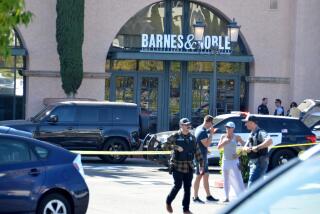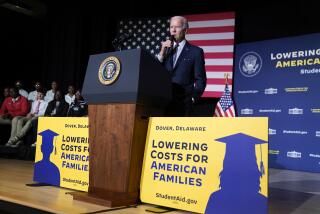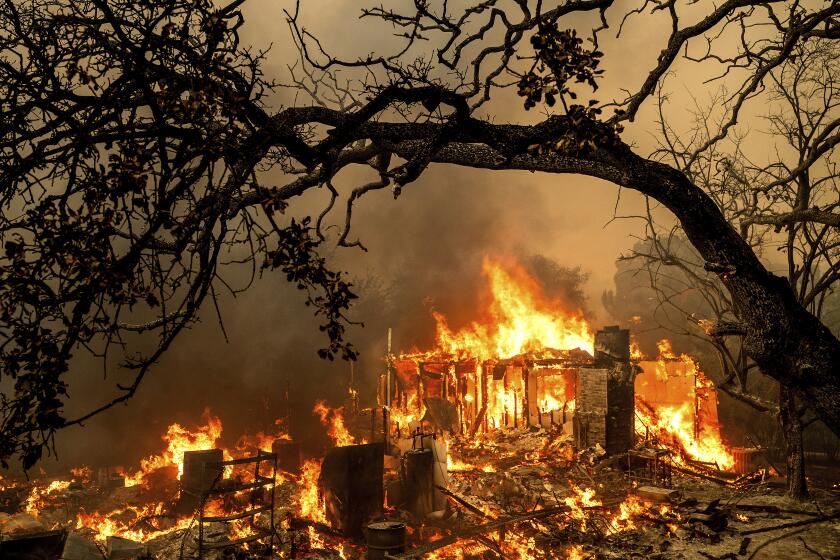In Memory of a Fallen Son
It was late January, 1989. Al Wooten Jr., 35, was walking home from a store with friends when shots were fired from a passing car. Wooten was hit in the stomach and died at a hospital. The assailants haven’t been found.
“I was devastated,” says Myrtle Faye Rumph, Wooten’s mother. “It was like somebody snatched your heart out.” Rumph, 62, couldn’t live with the senselessness of her son’s death; before his funeral, she says she told herself: “I am not just going to put a period behind his name.”
Within a month, Rumph and her husband, Harris, met with friends and relatives in their living room and decided to take a group of children from the Nickerson Gardens housing project to the local version of the Black Family Reunion celebration. “I was just overwhelmed by the way the kids responded,” Rumph says. “They needed love, and that was it for me.”
That trip led Rumph to found the Al Wooten Jr. Heritage Center to give young people an alternative to involvement in gangs and the kind of violence that took her son.
In May, 1990, Rumph used her own money to rent a storefront on Western Avenue in Southwest Los Angeles. The center began with four boys 11 to 13 years old who lived on the next street.
“These first four were taggers. They all had markers, but they’ve stopped doing that,” Rumph says. The boys helped paint and set up the center. Rumph rewarded them with outings to a bowling alley.
“I saw they were defensive. They would get mad when somebody knocked down pins.” Rumph set about showing them how to be supportive of each other. “I told them, ‘You’re on the same team.’ ”
Now there are more than 100 participants, ages 8 to 18, at the center. Volunteers teach photography, business, art, reading, karate, black history and other topics, as well as tutor children. There are field trips to cultural events. One volunteer treats children to a week at camp each summer. There have been many successes, such as the 9-year-old who came to the center with a note from her mother: “I hope you can teach her to read--I can’t.” Within six months, the girl had gone from a D to an A in reading.
Money has been tight. Rumph’s family has contributed games to the center. “I brought a TV out of my house,” Rumph says.
The Rumphs formed a board of directors; each member donated $50 every month and the group held candy drives for the first year of operations. In 1991, Myrtle and Harris Rumph sold the home they’d owned for 13 years to keep the center going.
Eventually, the center received a $5,000 grant from the Liberty Hills Foundation. That money had almost run out when the 1992 L.A. riots erupted.
After the riots, the Wall Street Journal published a story about Rumph and the center, which prompted donations from around the world. Local donors also responded. Now, Rumph and the board meet the center’s $160,000 annual budget with several small grants, donations and continued supplements from the family.
Rumph, who works six days a week in the center and takes its worries home, smiles at the end of a routinely long day and speaks to those responsible for her son’s death: “You killed my son. And I’m going to fight you.”
More to Read
Start your day right
Sign up for Essential California for news, features and recommendations from the L.A. Times and beyond in your inbox six days a week.
You may occasionally receive promotional content from the Los Angeles Times.






